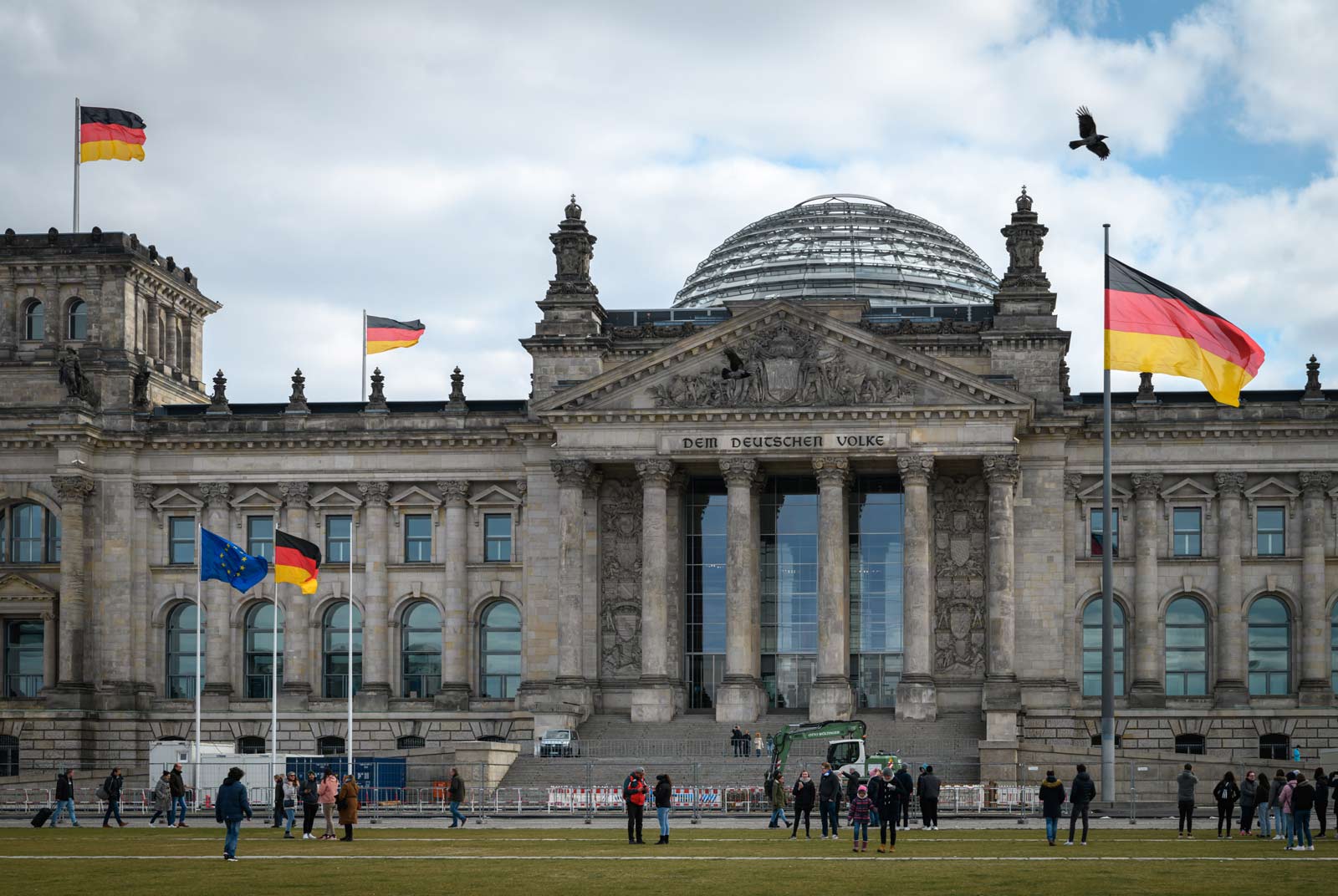Immigrants becoming citizens: The gains of equal participation

Source:Pei-Yin Hsieh
The liberalization of Taiwan’s immigration policy is overdue. A comparison with Germany shows how fostering long-term immigration can bring great benefits to a society. Now it is up to Taiwan’s future president and government to turn Taiwan into a modern immigration country.
Views
Immigrants becoming citizens: The gains of equal participation
By Leonardo Papeweb only
“We called for workers to come, and those who came are humans.” This phrase, coined by the writer Max Frisch, up to today is commonly referred to in Germany, illustrating the tensions between national immigration policy and social reality.
Governments usually seek to overcome specific domestic labour shortages when encouraging immigration. While some immigrants may accept their status as “foreign imported labour”, eventually a share of them is bound to seek for equal social and political rights and a chance to settle down. German politics and society, initially unprepared to deal with the human side of immigration, had to learn to respect these claims over a course of more than sixty years.
Drawing upon Germany’s historical experiences, this article develops suggestions for the reform of Taiwan’s immigration policy. The focus here is on the biggest group of immigrants in Germany and Taiwan: so-called foreign labourers and their descendants.
The German immigration experience
In the 1950s and 1960s, Germany concluded a series of “recruitment treaties” with countries such as Italy, Spain, Turkey and South Korea to take on foreign labourers to work in German factories, mines and other core industries. The efforts of around fourteen million foreign labourers greatly contributed to Germany’s ‘economic miracle’ in this era.
Most of them were initially designed to work in Germany only for two years (and a majority indeed returned to their home countries over time), but the German government gradually abolished the time limits of their legal residence – predominantly due to the pressure of enterprises who wanted to keep their already trained employees. Restrictions for family reunification were equally lifted, and as a result around two million foreign workers, including their family members, stayed in Germany.
It was only through legal reforms in 1993 and 2000 – over thirty years after the beginning of the migration influx – that foreign labourers and their descendants gained a possibility to receive German citizenship after a period of eight years of legal residence or through right of birth in Germany. In 2004, further legislation set up requirements for immigrants (not limited to the group of foreign labourers) to acquire language and cultural competencies through state-sponsored ‘integration courses’ on their path to citizenship. And in August 2023, as the until now last step in a series of legal reforms, the German parliament enacted a law opening the option of dual citizenship.
Besides, the biggest group of immigrants in recent years is constituted by refugees fleeing from persecution in countries across Africa and the Middle East, and most recently Ukraine. Especially the presence of refugees from Muslim countries initially created political controversy. But by now, the overwhelming majority has learned German to proficiency and more than half of them have found employment. There is still much left to be done, yet overall, the integration process of former refugees is much more successful than one-sided and often blatantly racist media coverage and political demagoguery may lead observers to assume.
Suggestions for Taiwan migration law reforms
The Taiwanese government allowed its companies to recruit foreign workers first in 1991. Today, around 800,000 immigrants, predominantly from Vietnam, Indonesia, the Philippines, and other countries of Southeast Asia, work relentlessly in Taiwan’s factories, agricultural and construction sectors as well as in domestic care. Like in Germany, foreign workers have considerably contributed to Taiwan’s economic rise, while still facing a series of restrictions and discriminations.
The most basic measure is to ensure equal payment of Taiwanese and foreign workers (a condition that was assured in the German immigration regime from the very beginning). Further, foreign workers need to be granted a chance to settle down and eventually gain citizenship after a period of legal residence, not only through the existing channel of marriage immigration. These rights should also apply to other groups of immigrants.
And lastly, Taiwan should create the legal possibility of seeking asylum. While the extent of allowing refugees to enter and stay in Taiwan will be contested, the possibility to seek asylum in itself is a basic human right. Yet, in the eyes of Taiwan’s immigration authorities, this legal category simply doesn’t exist. Victims of persecution, e.g. from Hong Kong and autocracies in South-East Asia, could make use of this channel of immigration, and same as other immigrants, former refugees can become fully responsible members of society, if only they are given equal rights to participate.
The gains of equal participation
One may ask, why should Taiwan grant these rights, if the current immigration system seems to work, and many foreign workers appear to have accepted the limits of their status? First of all, the case of Germany shows that fostering long-term immigration and equal participation can bring feasible economic benefits, embodied by second and third generation immigrants that increasingly approximate the education and wealth levels of mainstream society, while also partially offsetting Germany’s population decline. Given Taiwan’s enduring low birth-rates, the society could only profit from a similar sustained migration influx, as well as from the boost of domestic consumption that goes hand in hand with higher wages for all workers.
Immigrants in Germany have also reshaped politics and cultural life. Cem Özdemir of the Green party has become the first federal minister descended from foreign labourers, and only recently, the news of a former Syrian refugee to become mayor of a city in Southwestern Germany went around the world. Film directors like Fatih Akin and brilliant actors with migrant roots have reinvented German cinema, and I would not know what to eat back at home if it wasn’t for our diverse international cuisine (Germans themselves are not exactly famous for their cooking skills).
Taiwan has equally much to gain from embracing immigration in terms of cultural diversity. And in view of Germany’s long run-up time until finally opening the paths for migrants to become equal members of society, one can only say: It’s not too late to make this change!
Ultimately, immigration tells a story of how open and welcoming a society can be to people of diverse social and ethnic backgrounds. Taiwan aims to present itself to the world as a progressive democratic society. It is up to the current and future governments to live up to this ideal, and turn Taiwan into a modern immigration country.
(This piece reflects the author's opinion, and does not represent the opinion of CommonWealth Magazine.)
The CommonWealth English website and CommonWealth Magazine's Independent Opinion (獨立評論) continue to accept op-eds for the new president. Please follow this link for more info.
About the Author:

Leonardo Pape is an independent journalist from Germany, based in Taipei. He reports on political and societal issues in Taiwan for various German news media outlets, such as taz daily newspaper and ARD public radio.
Have you read?
- Allow new residents to take root in Taiwan
- Progress begins from within. An international Taiwan is in reach.
- Rethinking immigration to halt a growing economic security crisis
Uploaded by Ian Huang






